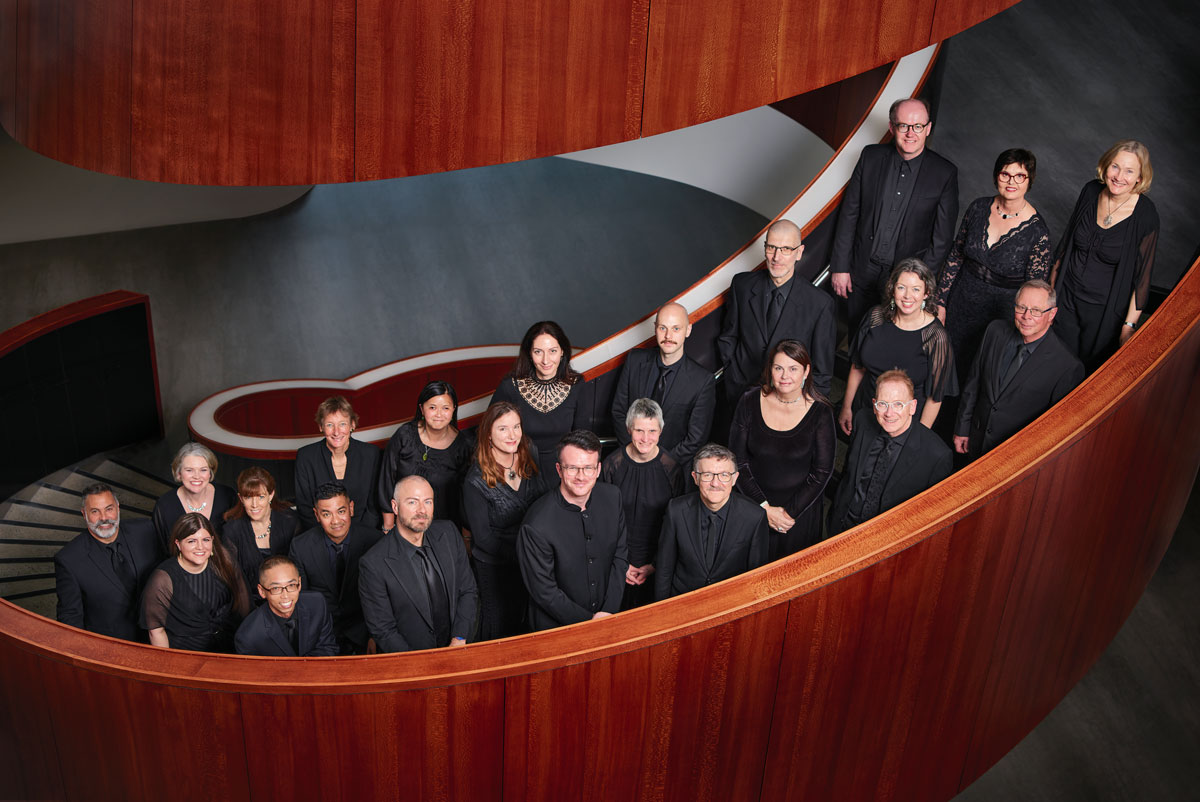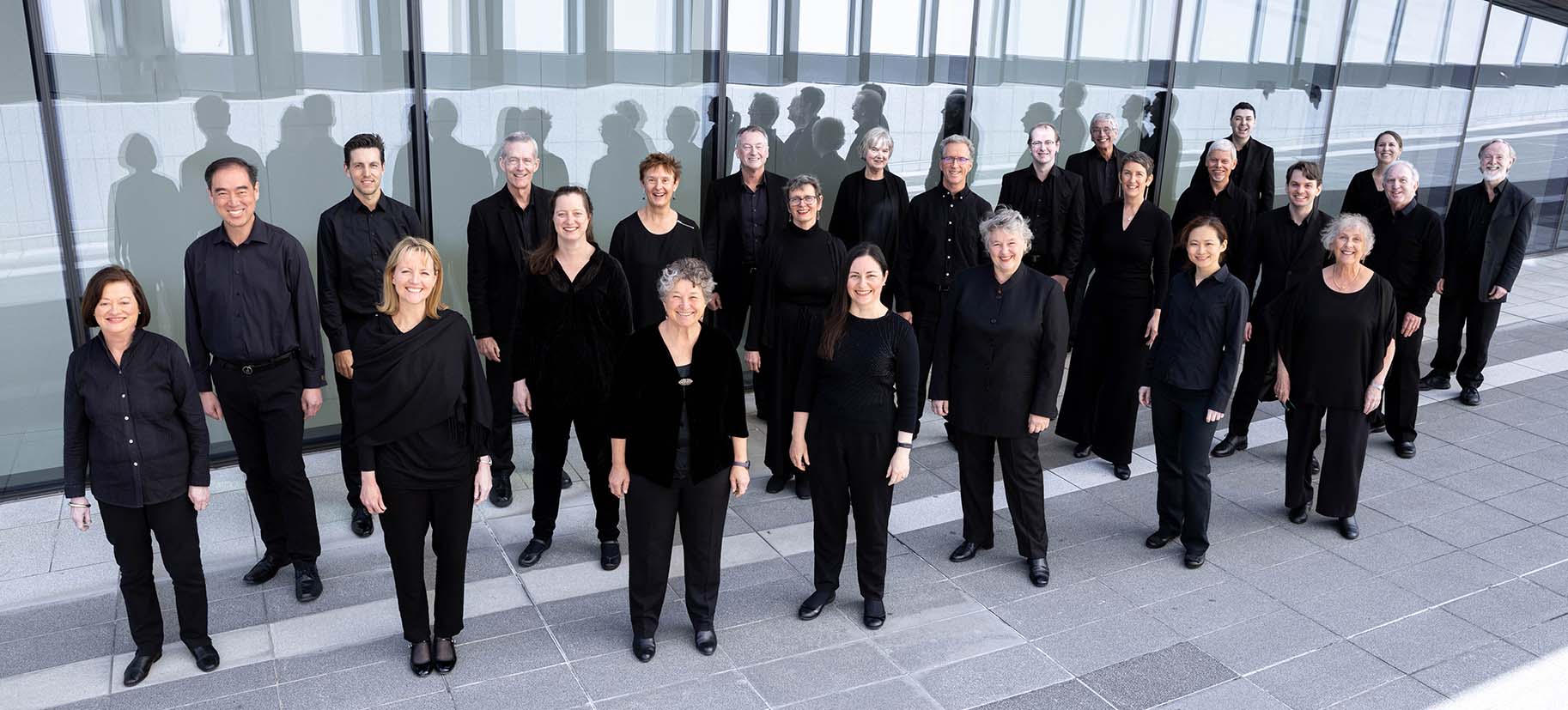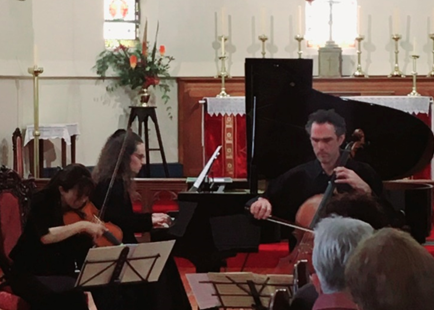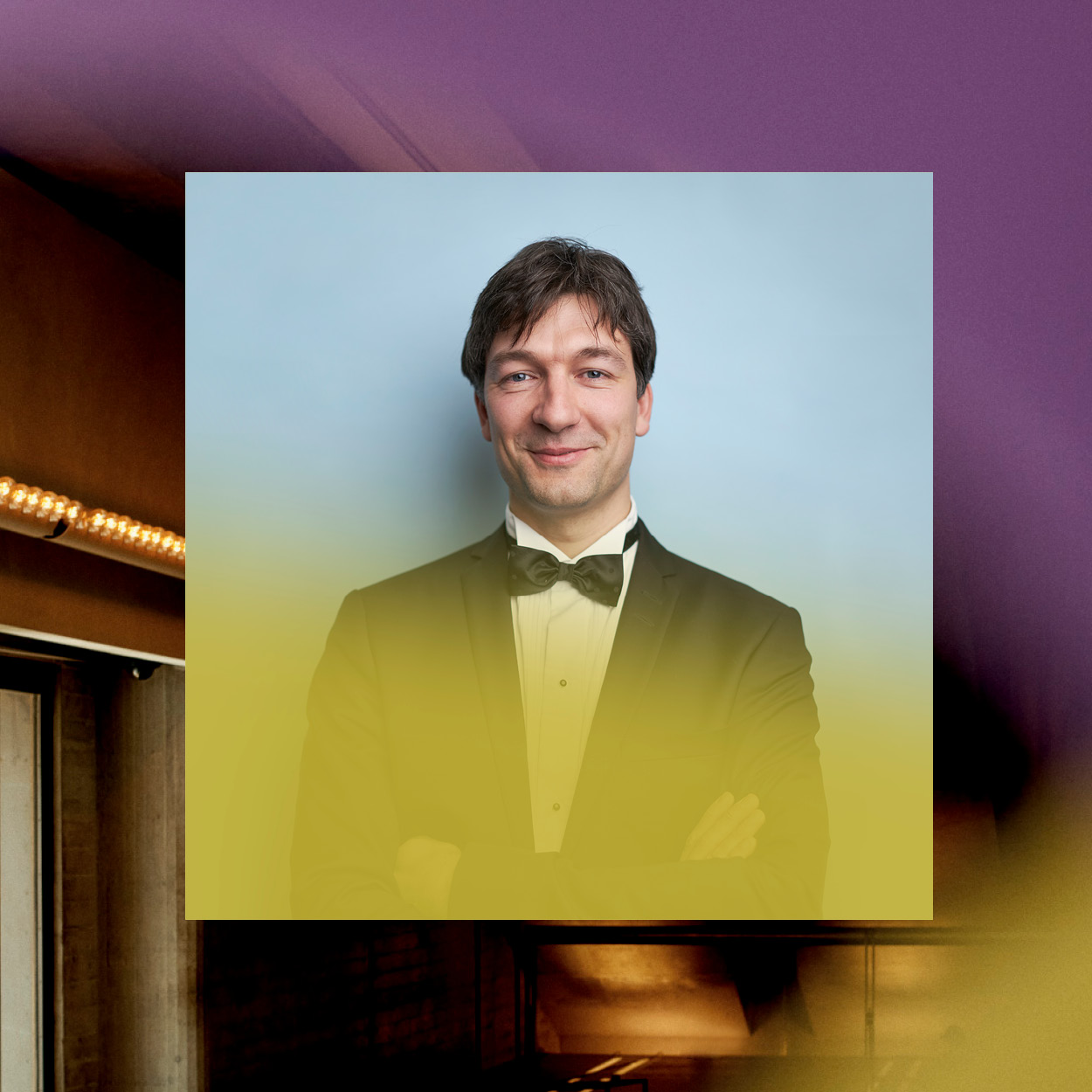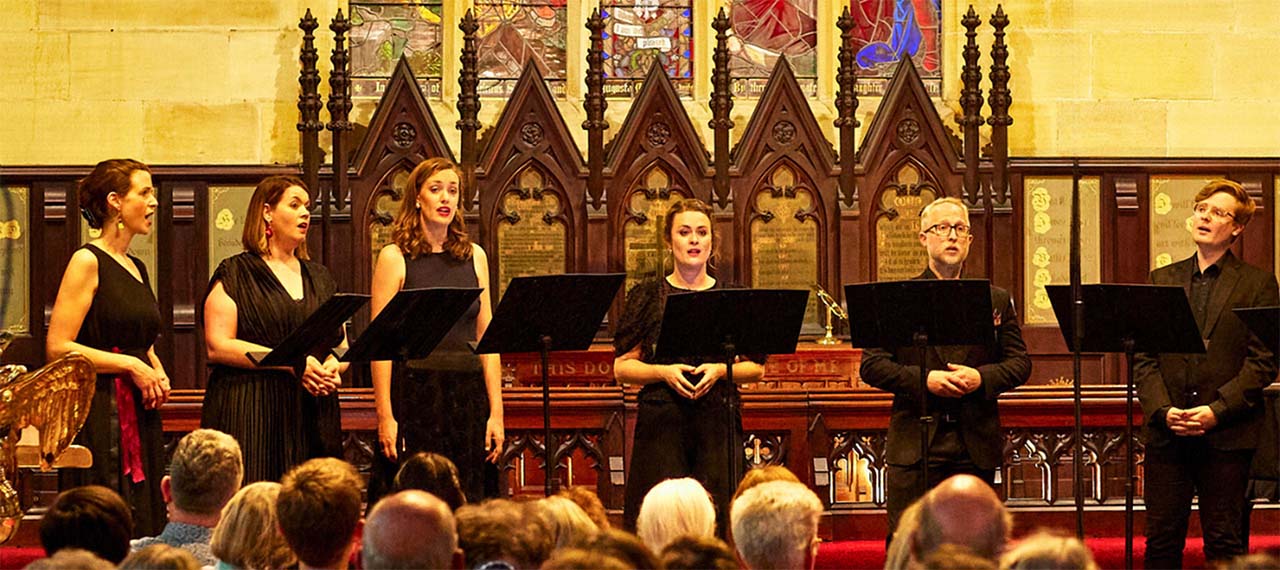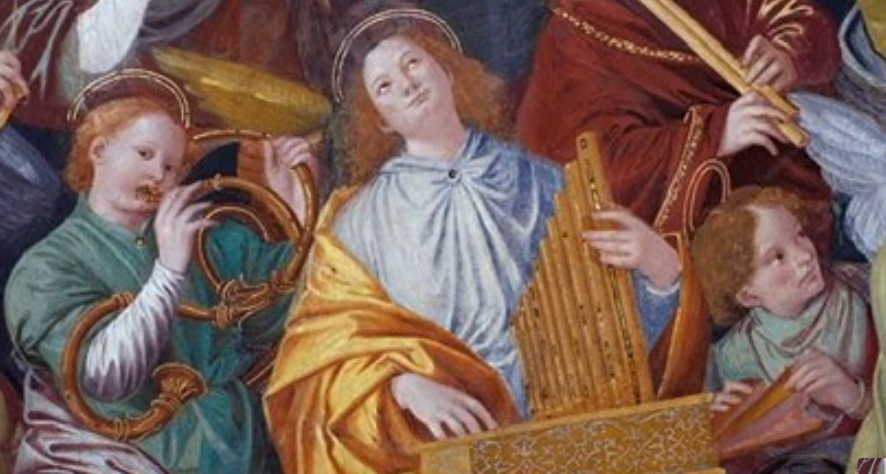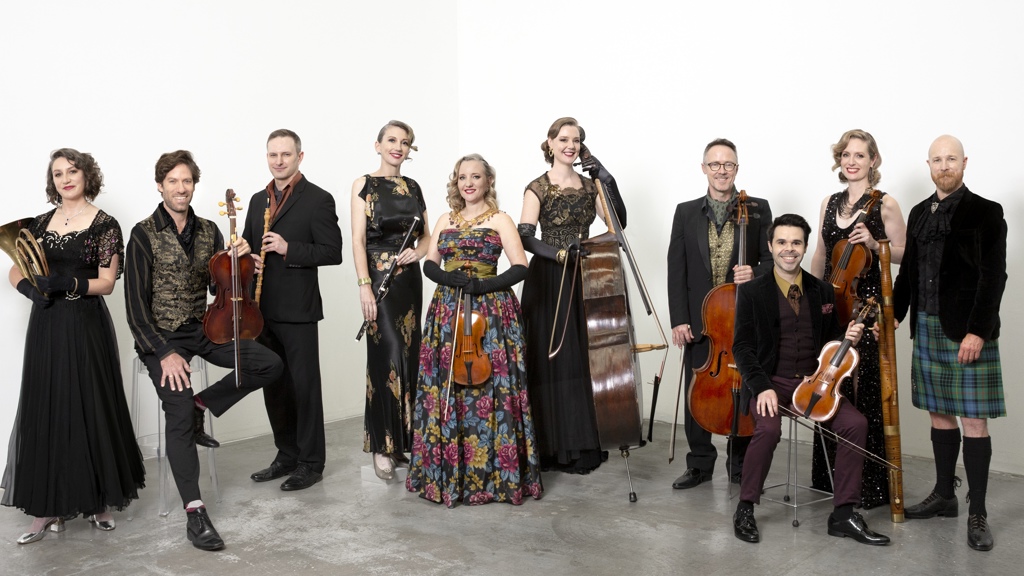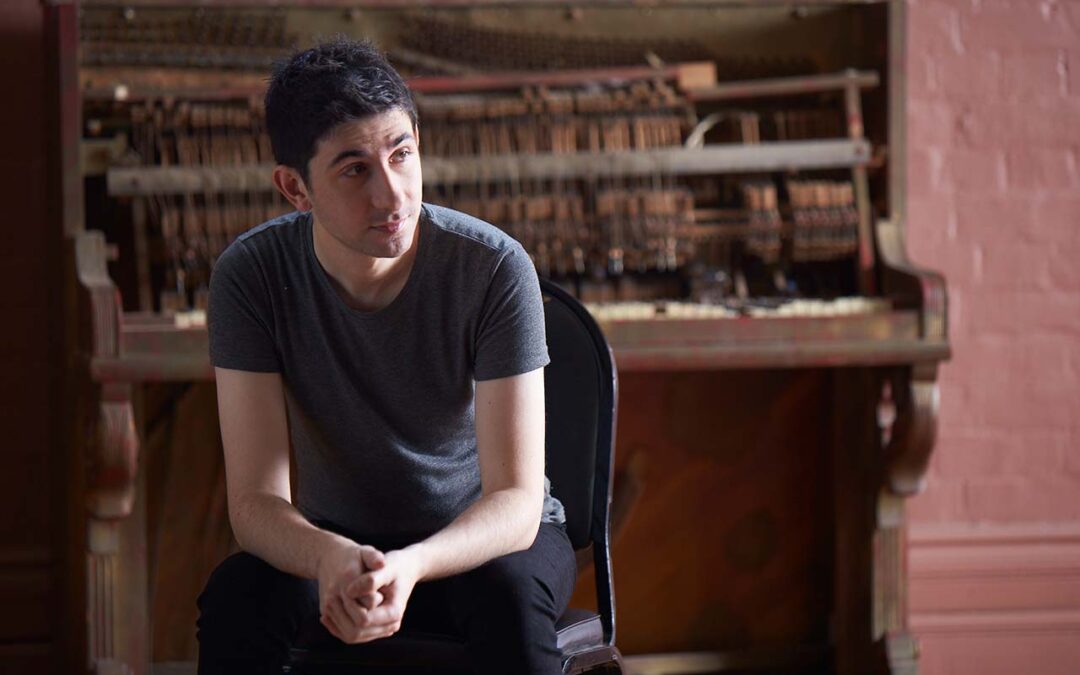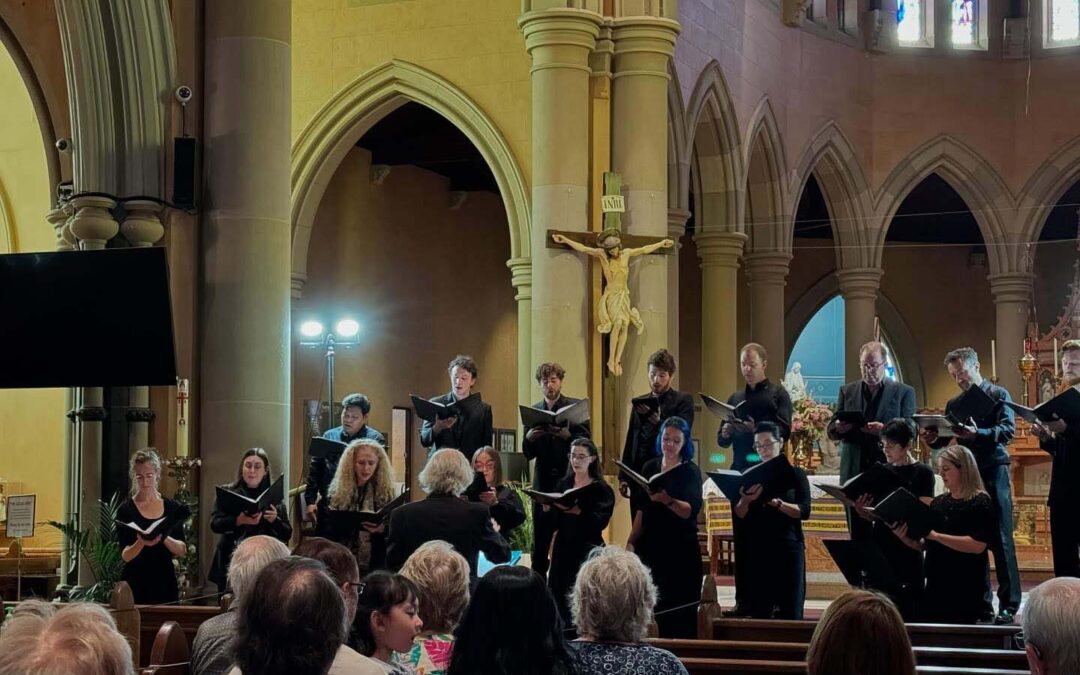Consort 8, Enfin la Beauté que j’adore
With guest artist Richard Butler, tenor
Saturday 24 April 2021, Burwood
As a choral conductor and singer working with music of many different periods and styles it is not often that I get a chance to sit back and enjoy the work of others, but when Consort 8 is performing I do my best to be there, as I know I’m going to enjoy a rewarding hour or so of musical delights outside of, but complementary to, my usual musical pursuits.
Consisting of a countertenor voice plus renaissance and baroque instruments – recorders, violas da gamba, lutes (including theorbos) and percussion – Consort 8 has a core repertoire of what is often termed “early music”, sometimes complemented by the addition of more contemporary compositions. In the capable and inspired hands of Artistic Director Susan Christie, this genre shows itself to be full of shining gems, many of which are being heard in Australia for the first time.
Their most recent concert, Enfin la Beauté que j’adore, showed just how varied this repertoire can be. Presented in the ensemble’s home venue of the heritage listed Blackett church, St Paul’s Burwood, the program consisted predominantly of 17th century French and Italian works, and took us on a journey through many moods, including sacred motets, passionate love songs, joyful dance tunes and a meditation upon death.
Depending on your inclination, there are several ways you can enjoy Consort 8’s performances. You can just sit back and enjoy the beautiful sounds, reading Sue Christie’s comprehensive program notes for detailed background on each work if you wish. If you still want to know more, the group’s website has plenty of information about the music, the resident and guest artists, the instruments, and the history of the ensemble.
With most of the program I was content to read a little about each work and then sit back and listen. But in the case of one work, Couperin’s Les Barricades Mysterieuses (The Mysterious Barricades), I was inspired to go much further. This piece is a long-time favourite of mine but until now I had only heard it played on the rich tones of a double manual French-style harpsichord. Hearing George Wills play it so gently on the theorbo, with its deep bass notes and its sympathetic strings enhancing the effect of the suspended notes, had me completely mesmerised. I later learned that the piece is also a favourite with guitarists and that nobody actually knows what the ‘mysterious barricades’ of the title refer to. So of course I had to go on an online fishing expedition looking for more versions to listen to, and reading learned articles about its title and Couperin’s compositional techniques. As you do…
I have written a great deal about just one piece in the program because it captured my heart – that is one of the lovely, unpredictable, and very personal things about attending any concert. But as well as George Wills’ excellent playing, another important factor in the effectiveness of the Couperin was undoubtedly its skilful placement in a program finely balanced between solo and ensemble, vocal and instrumental, sacred and secular.
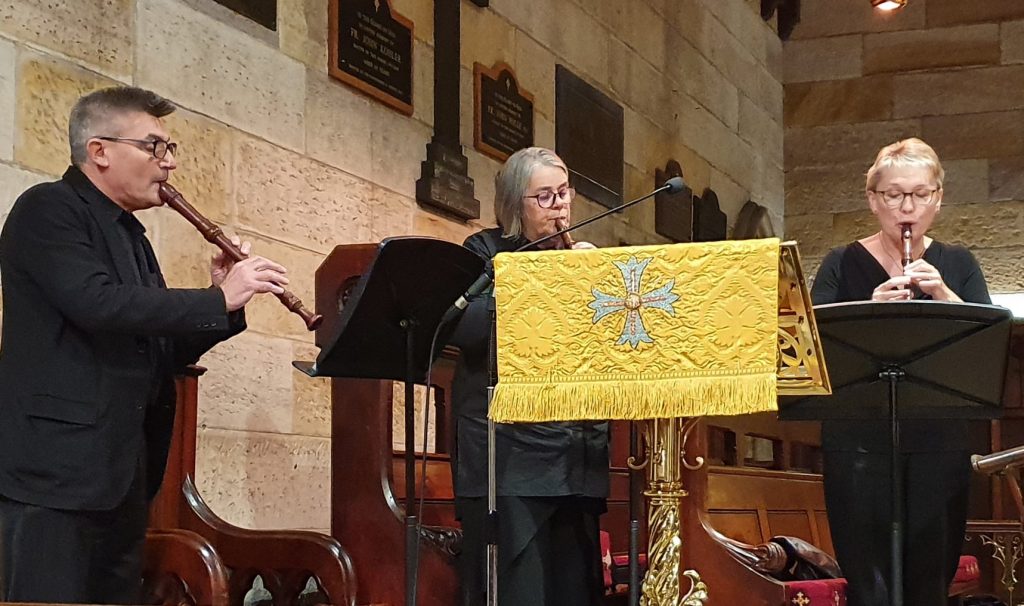
Another highlight of this concert was the mellow and expressive tones of Resident Artist Tim Chung’s countertenor in Henri Dumont’s Cantantibus Organis, a tribute to the patron saint of music, St Cecilia, accompanied by lutes and bass viols as well as some seemingly effortless runs by Sue Christie on the treble viol. In Etienne Moulinié’s love song that gives the title to this concert, Enfin la Beauté que j’adore Guest Artist Richard Butler’s fine tenor was well supported on the lute by Bernie Williams. Richard’s ornaments on the repeats, while skilled, were not overly virtuosic, but rather gentle, giving the song a touch of wistful melancholy.
A special delight was hearing Richard and Tim in duet, their voices complementing one another well in Dumont’s Quam Pulchra Es, with text from the Song of Solomon. And, having previously only heard Tim sing countertenor, it was an intriguing surprise to hear his rich and gentle baritone weaving around Richard’s clear tenor.
Before concluding, I must mention some more of the instrumental highlights. Sue Christie has created a finely balanced ensemble of skilled musicians and they produced an excellent range of sounds, from the intricate recorder parts in Corelli’s Concerto Grosso X, through the mellow viols-only Je ne fay plus by Gilles Mureau, to the joyful triple time exuberance of the full ensemble in Dumont’s Cantate Domino as well as in the two opening works by Giovanni Gabrieli, Canzon VI a 7 and Attendite popule meus. The vibrant antiphonal effects of these took me right back in my mind to St Mark’s Basilica in Venice, and reminded me how much I wish to go there again.
Rather than finishing the concert with an energetic flourish, this time Sue chose to end with Michel Lambert’s Sombre Déserts, an ode to the beauty of a quiet death when it is desired by the one in torment, featuring Richard on solo tenor voice, accompanied by bass viols and lutes. The pianissimos were exquisite, and this piece provided a fitting finale to this delightful concert, before we all repaired to the Hall for a sit-down supper (due to Covid rules) and a great deal of lively conversation amongst friends.
If you haven’t experienced Consort 8 yet, I highly recommend that you do!
Photos by Ailsa Hocking
Review by Margot McLaughlin
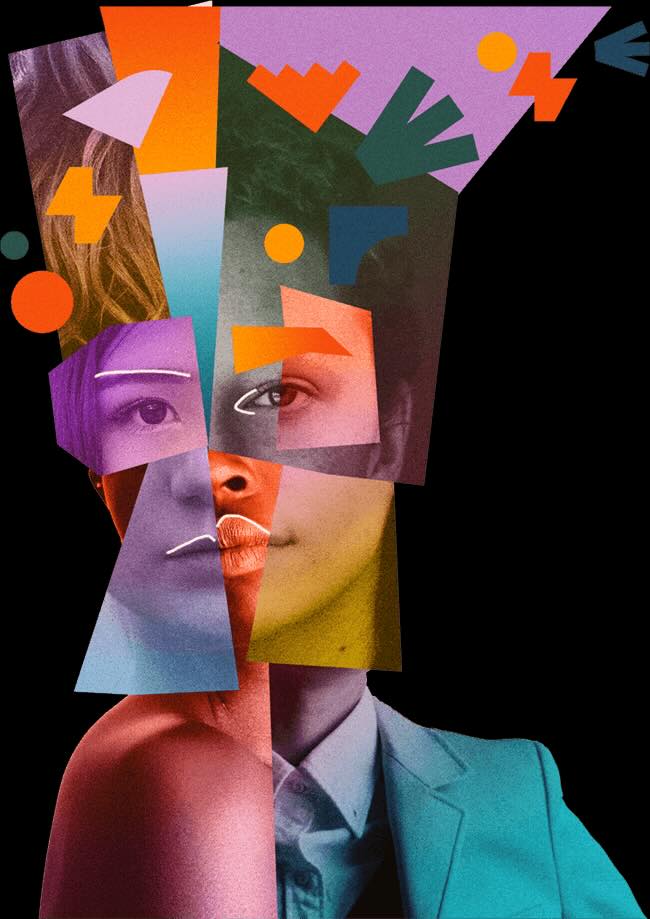






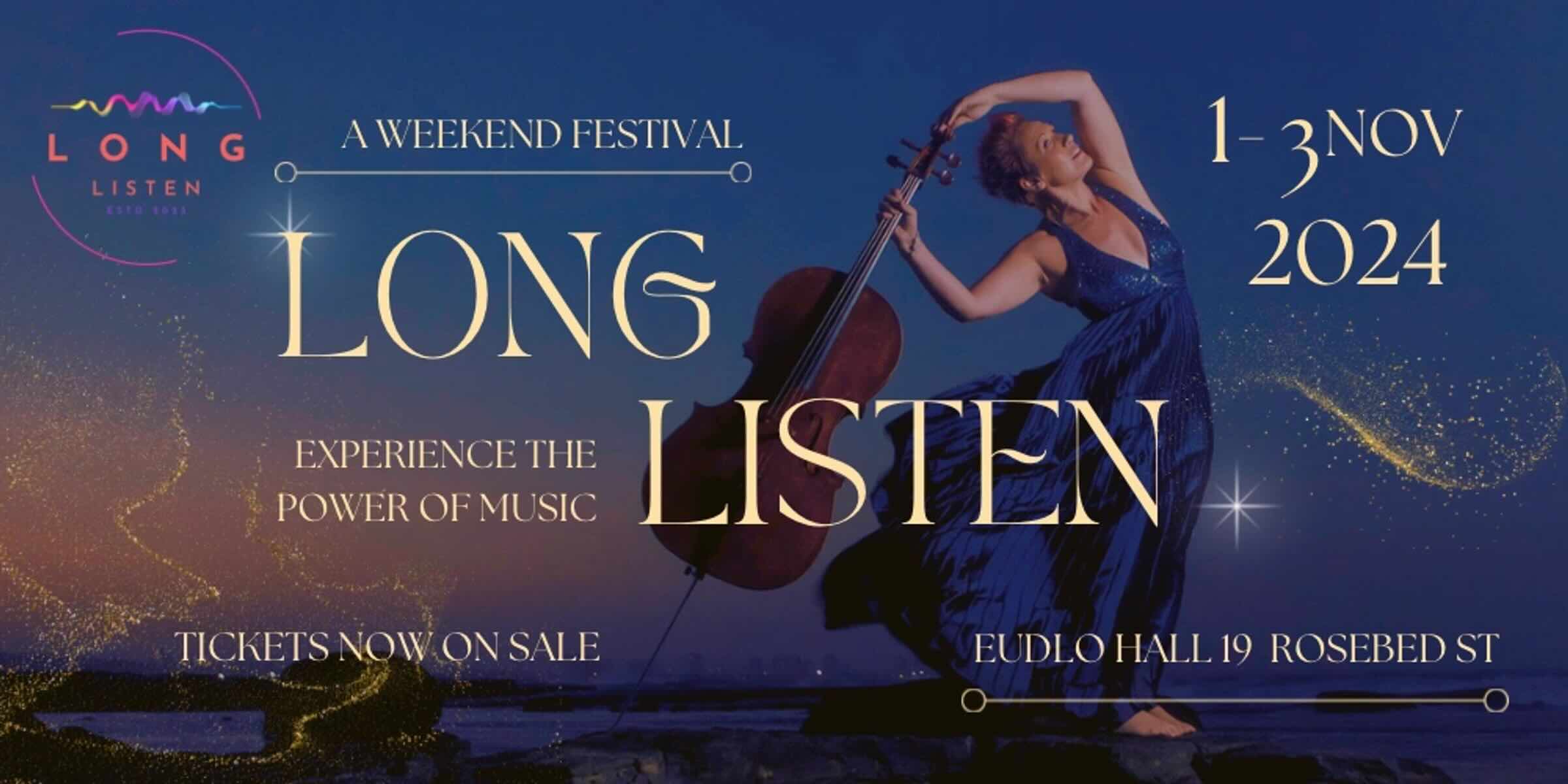
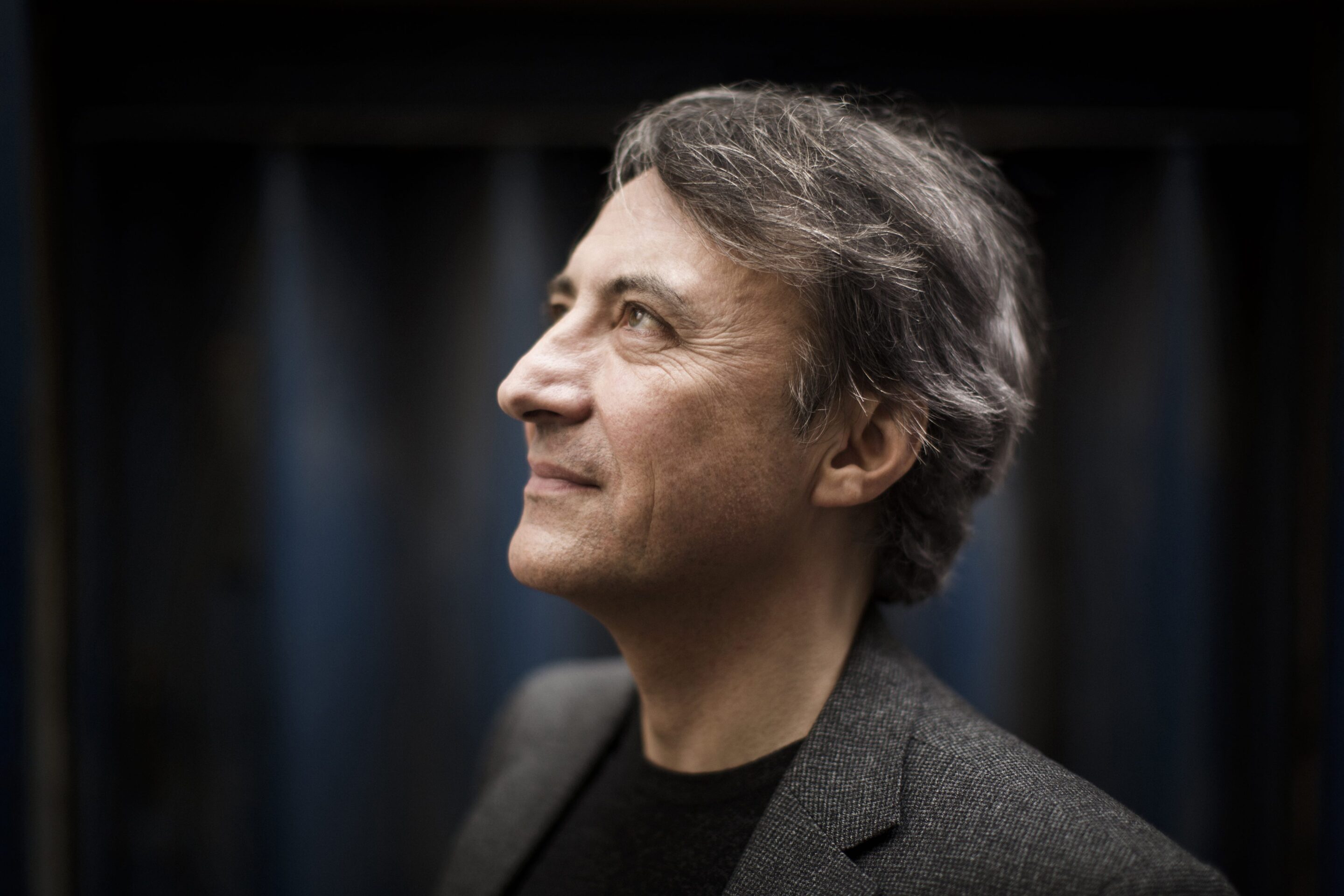

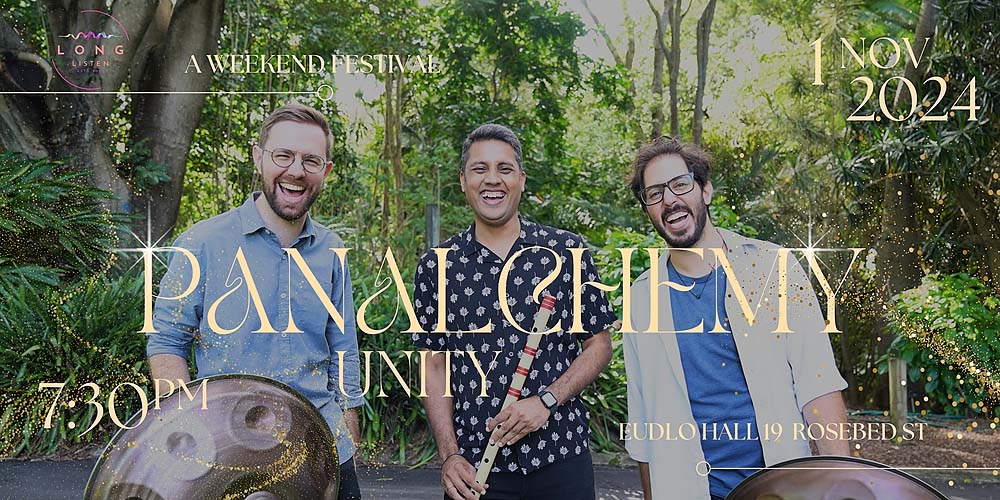

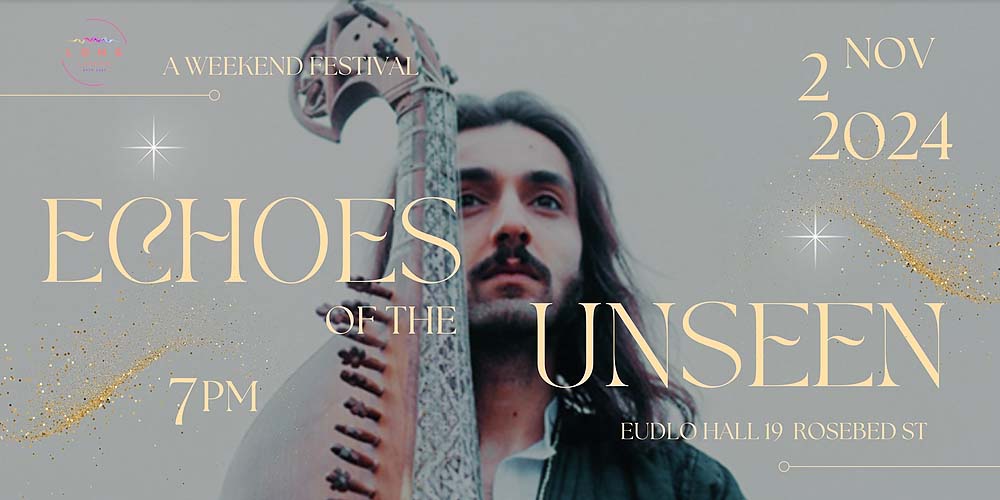
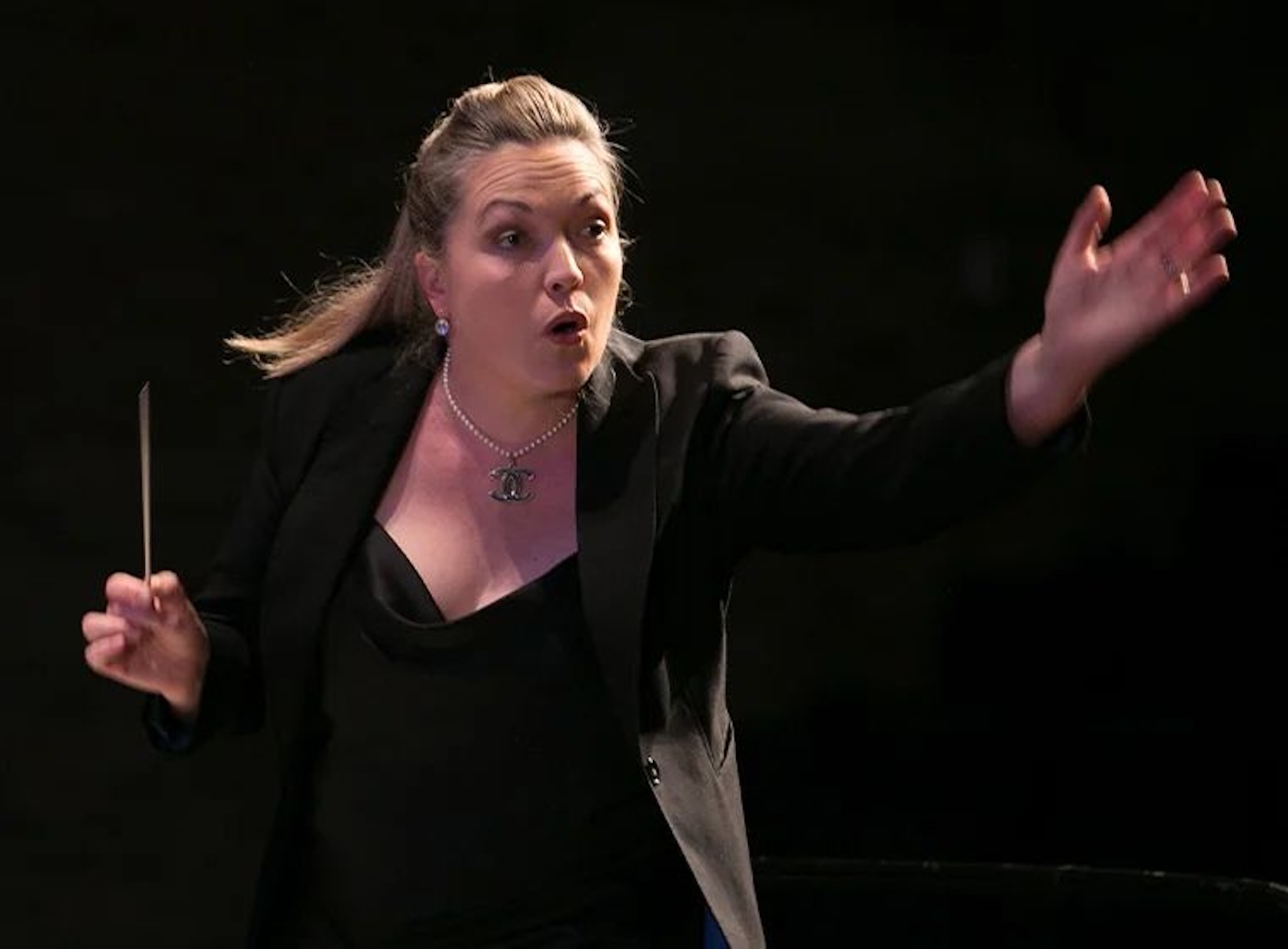
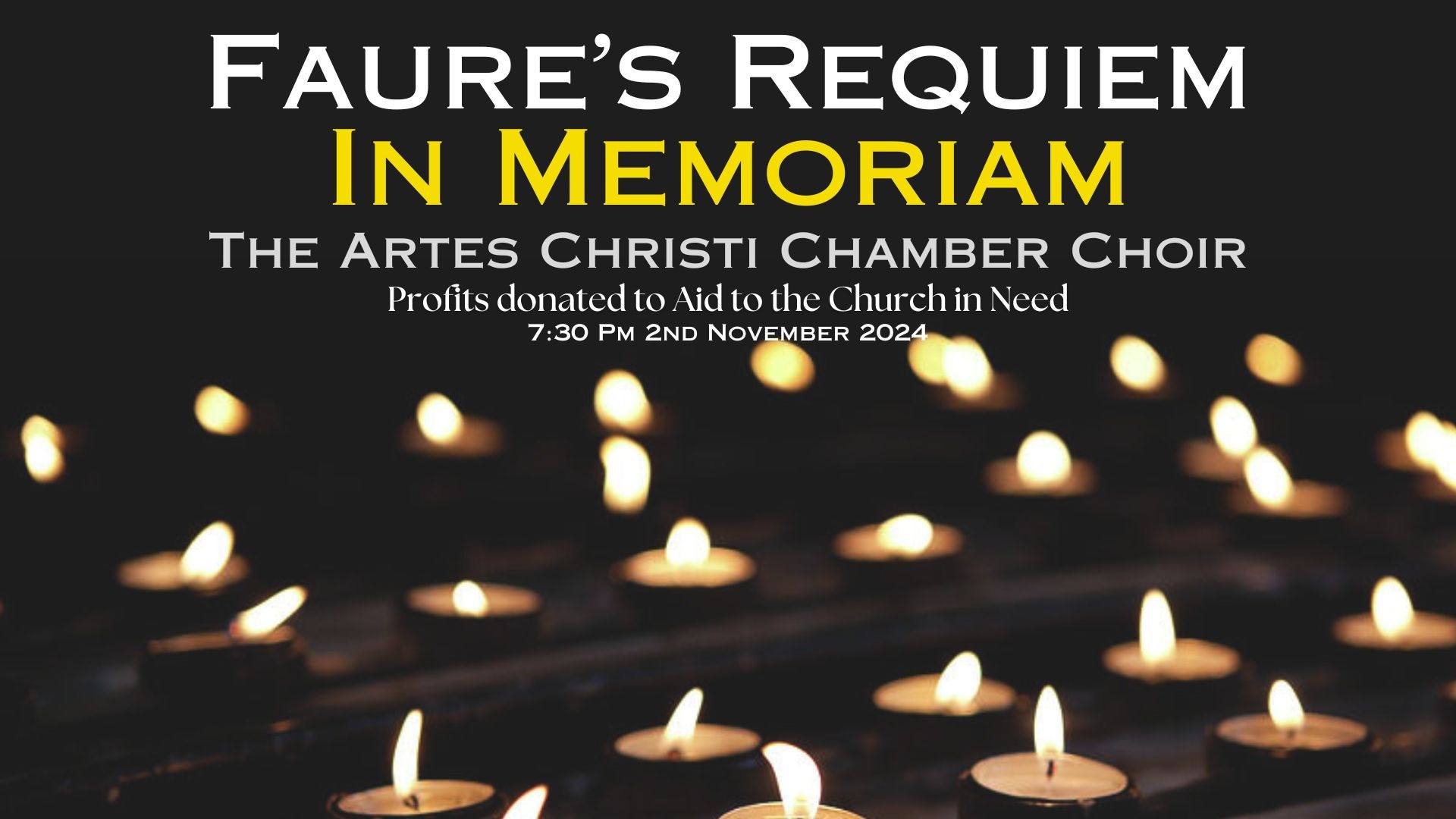
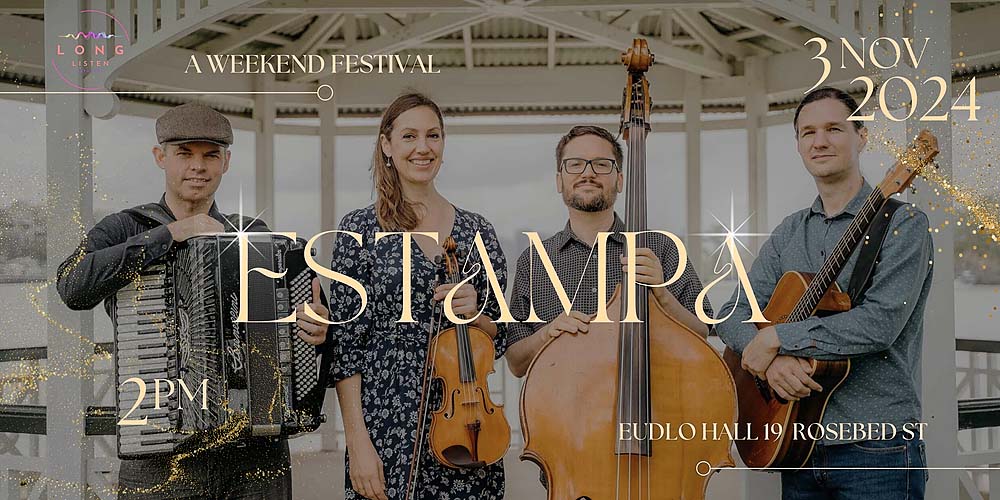





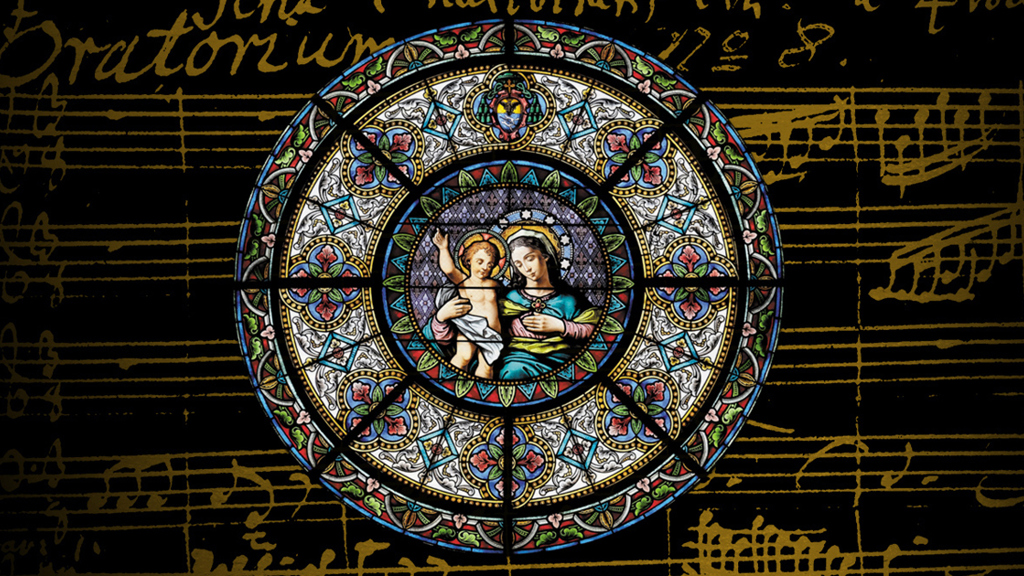
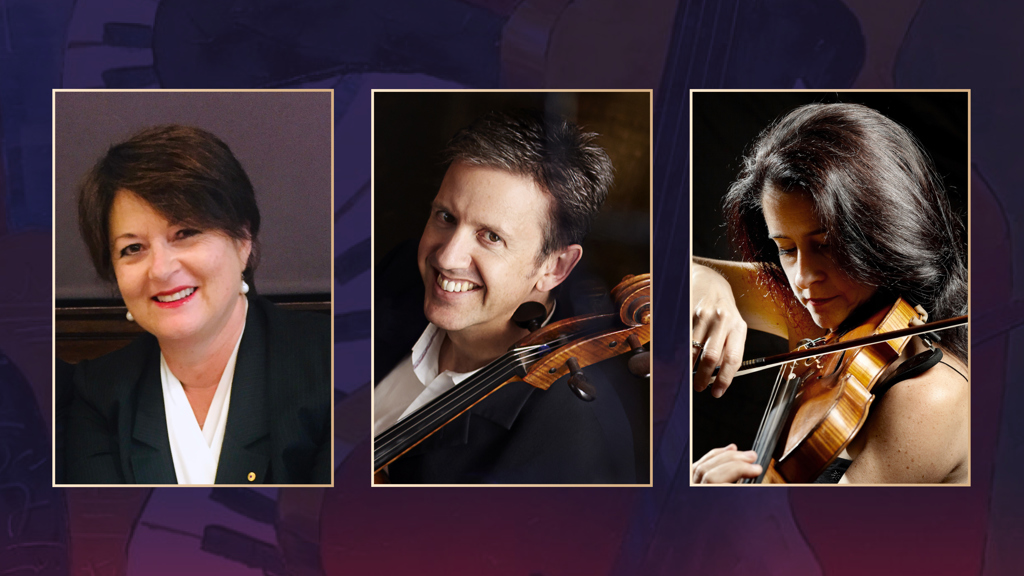

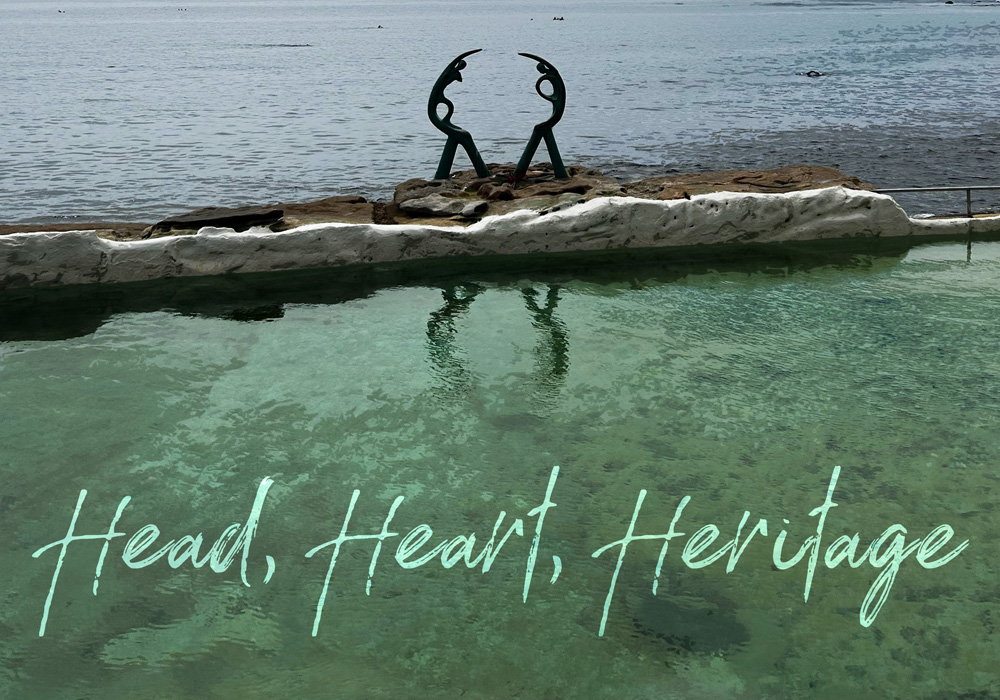
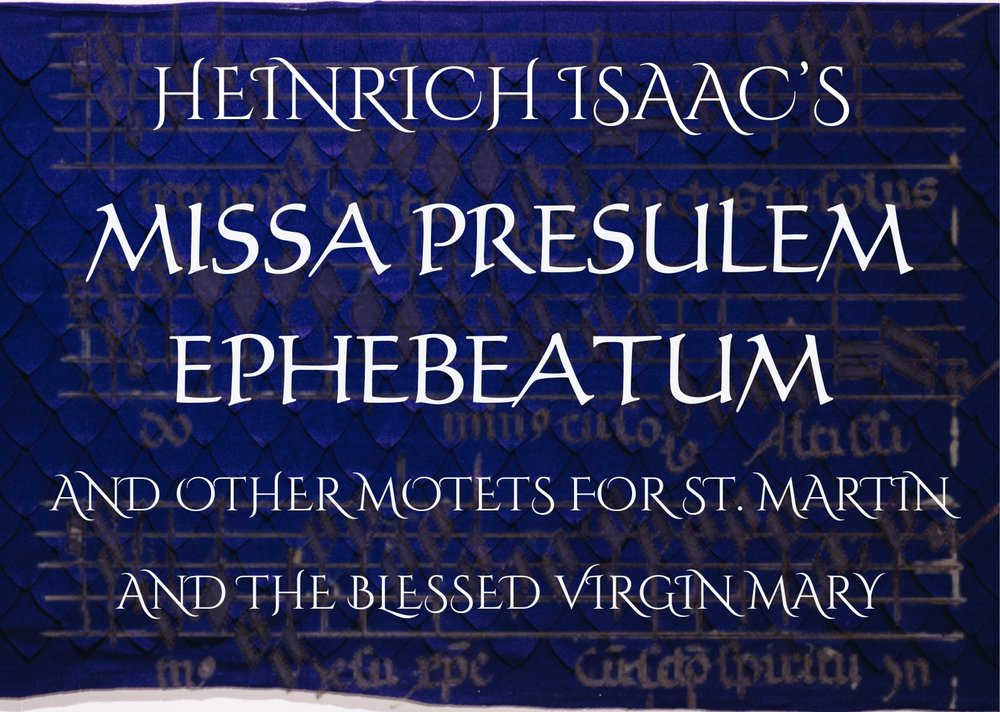

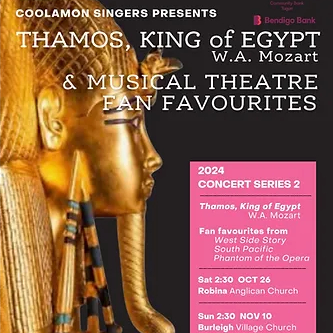
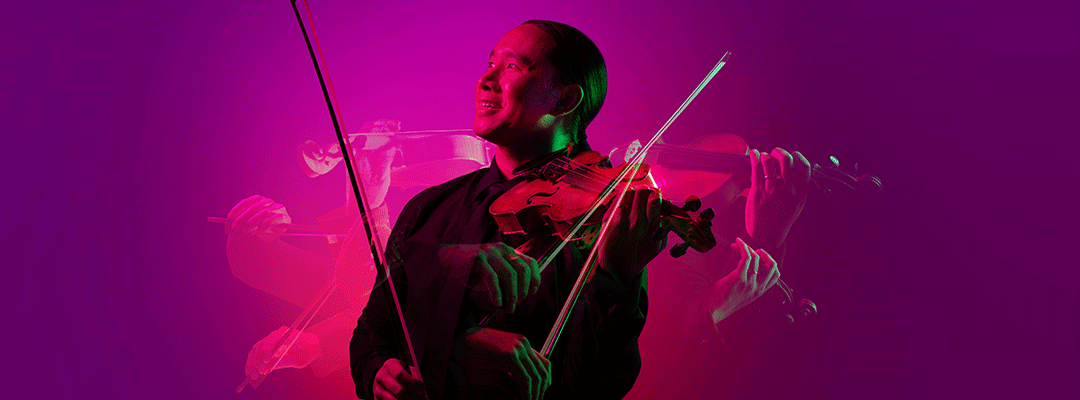


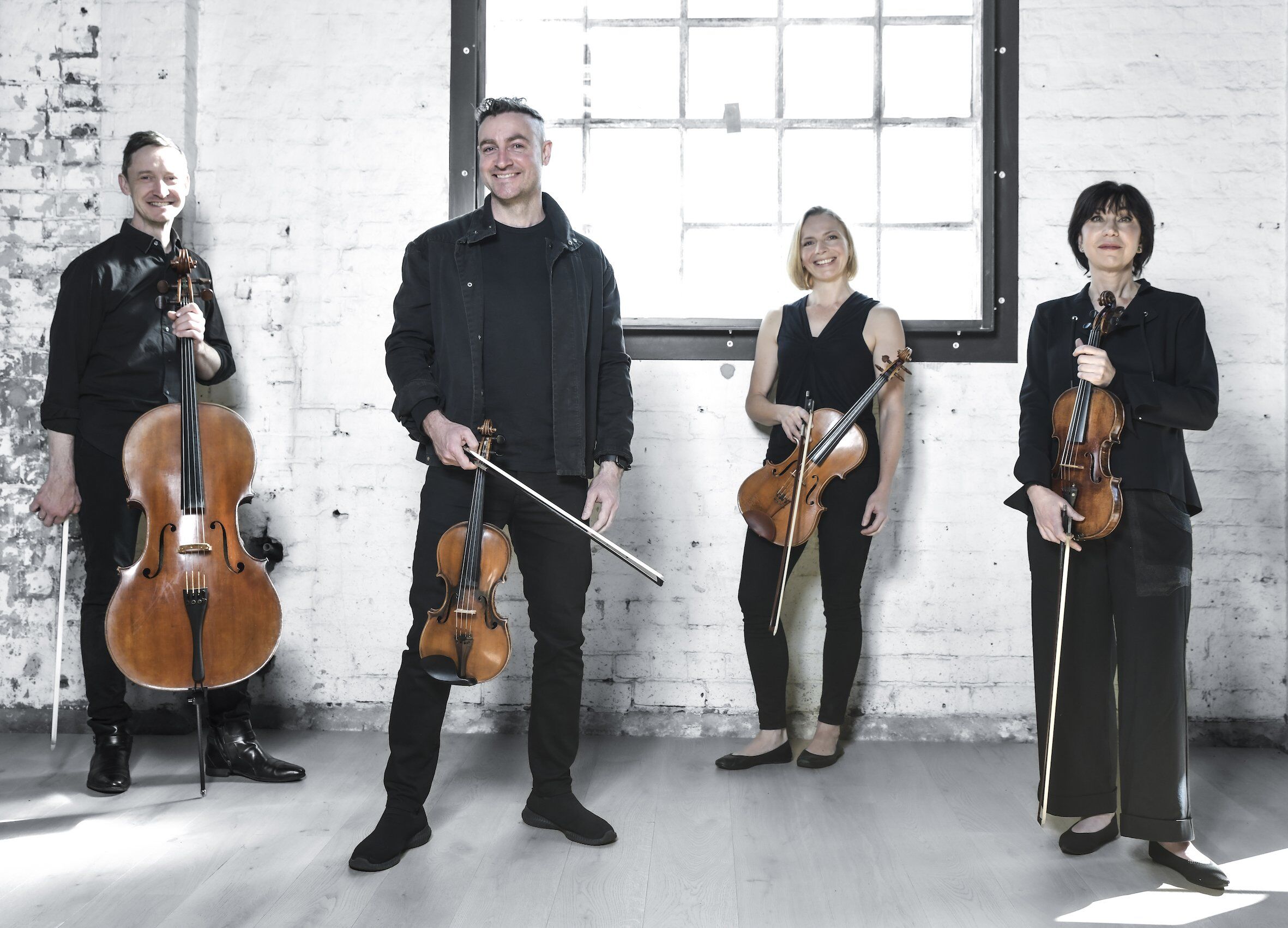

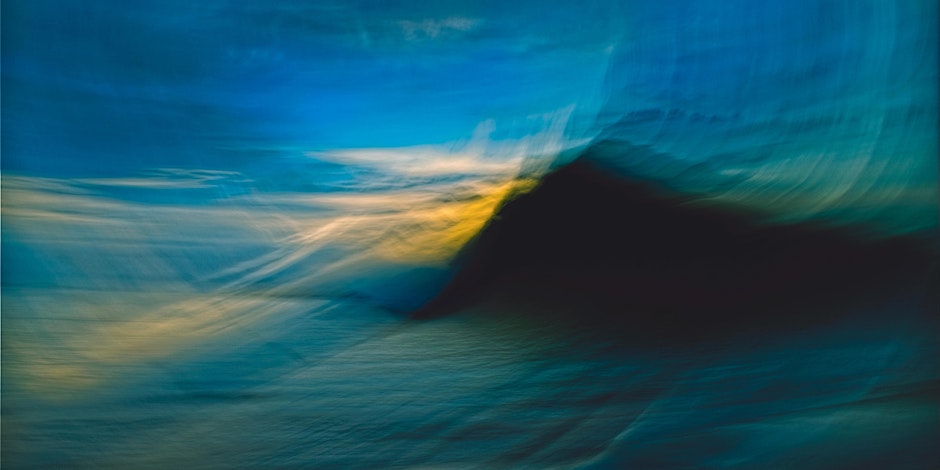



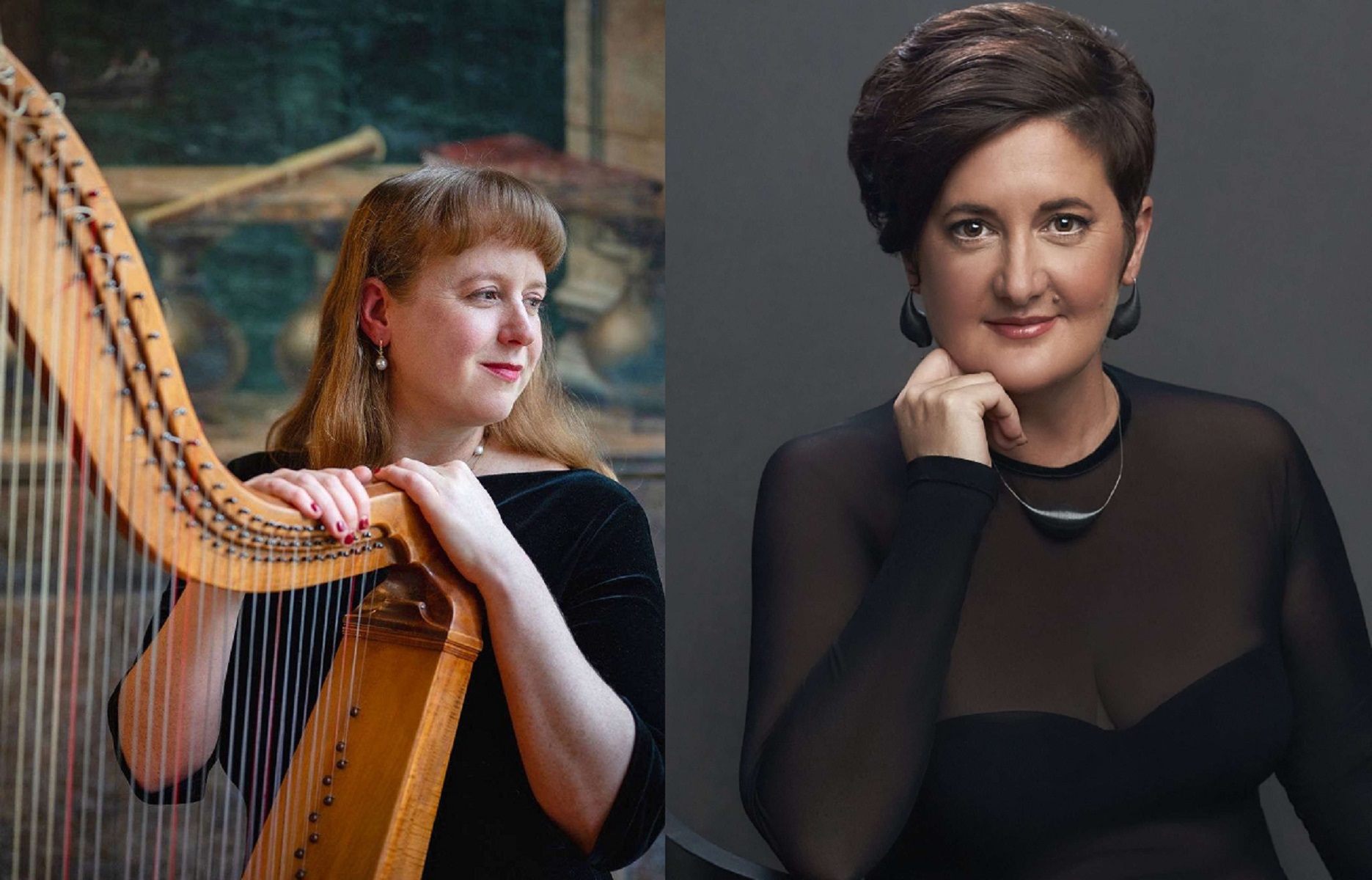
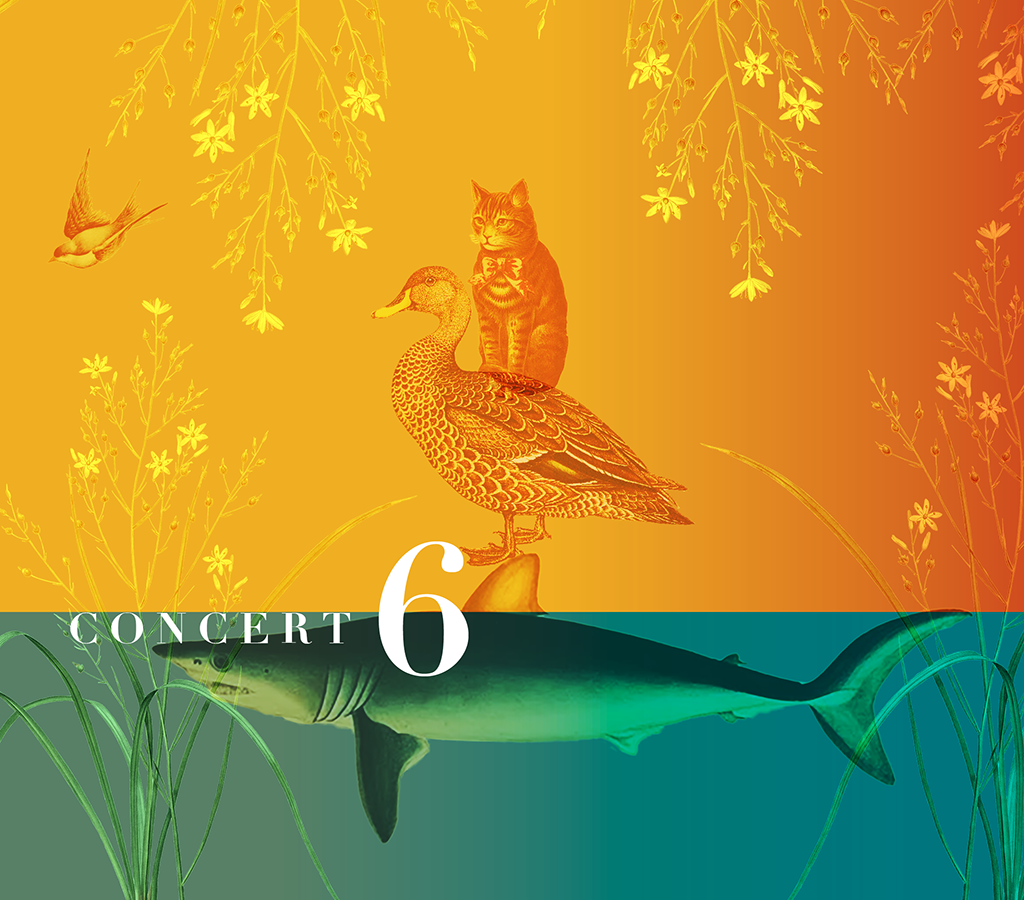

![user222 mrc mostlymozart [splendour of vienna] user222 mrc mostlymozart [splendour of vienna]](https://cdn-classikon.b-cdn.net/wp-content/uploads/2024/02/user222-mrc_mostlymozart_splendour_of_vienna.png)

